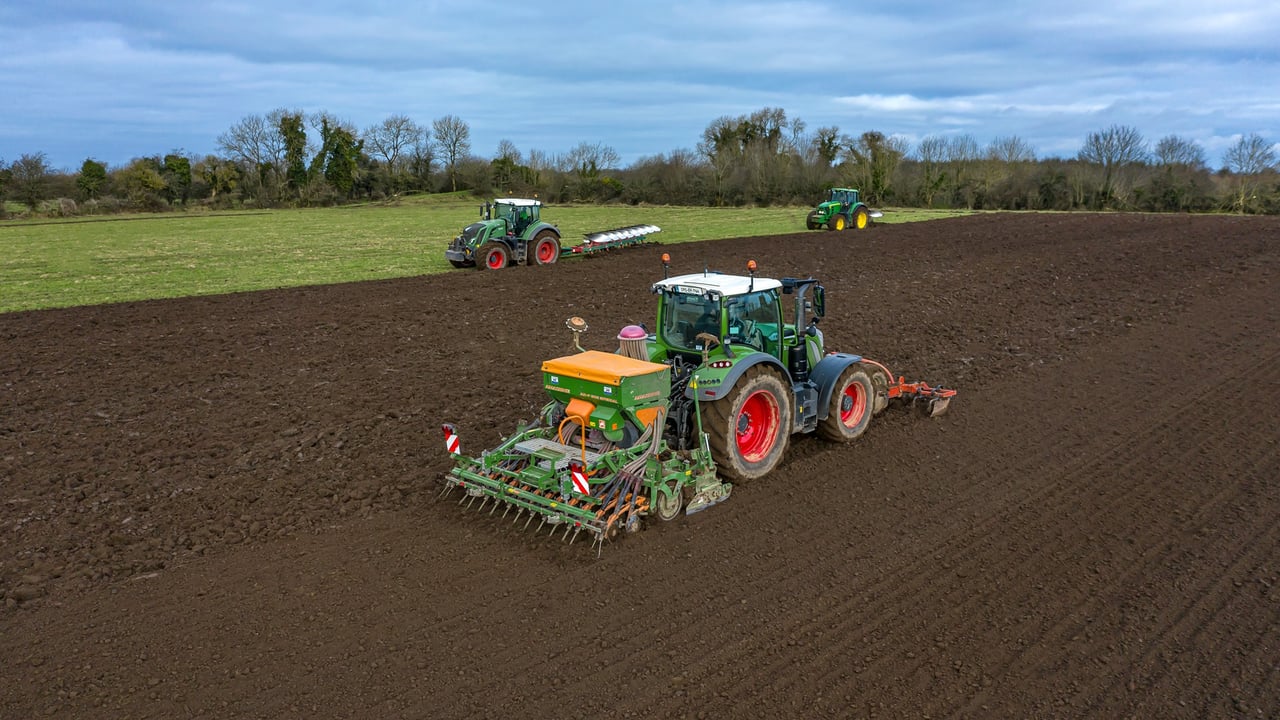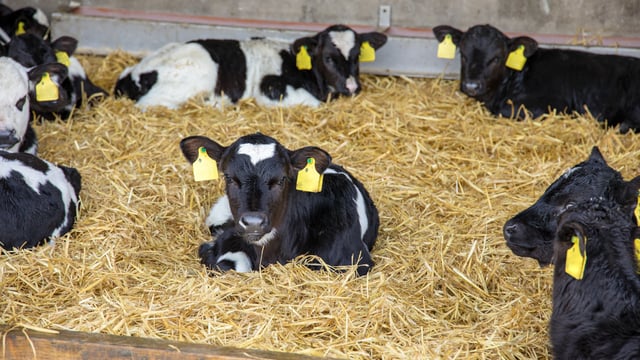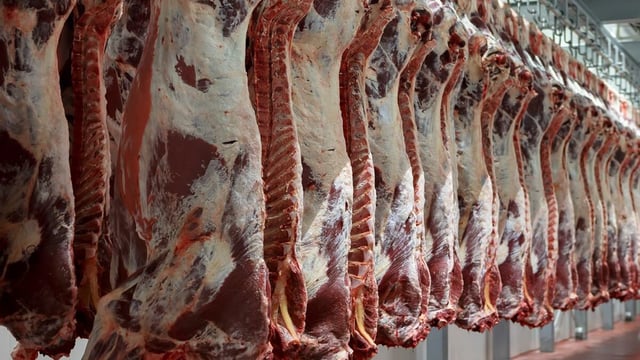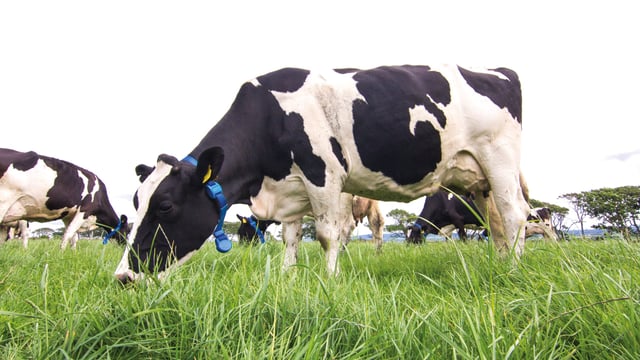Tillage: Transitioning to direct drill systems can take up to 10 years
Transitioning to min-till and direct drill production systems can take up to a decade, according to Lemken Ireland’s, Derek Delahunty.
"This is very much a gradual process," he explained to Agriland.
“Taking account of factors such as the enhancement of soil quality and key physical challenges, includng compaction, is at the very heart of this progression.
“Given the complexity of this transition, the full conversion from plough:till:sow to a direct drill based-production system may take varying amounts of time across the different soil and land types that make up a typical Irish tillage farm."
Significantly, Delahunty, regards ploughing as a critically import technique both at the start of a commitment to min-till or a reset button at any stage thereafter.
“Historically, the plough was the go-to option when it came to securing effective weed control within Irish cereal production systems," Delahunty continued. “And we have to learn from history.
"Chemical weed control systems have only been around for a relatively short period of time, relative to the overall impact made by production agriculture, going back centuries.”
Delahunty also questioned the long-term availability of chemical-based herbicides into the future.
“And this includes glyphosate,” he stressed.
According to the Lemken representative, ploughing will remain at the heart of the agronomic systems practised in Ireland.
“But the technique must be carried out properly. And this means achieving the complete inversion of the soil being ploughed," he continued.
“If it’s a case of only half turning the soil, problems will arise. E.g., under these circumstances many weed seeds will still have the opportunity to germinate.
“So instead of only having weed seeds scattered on the surface of a field, they become distributed throughout an entire soil profile.”
Delahunty also acknowledged that climate change is acting to deliver new challenges for tillage farmers when it comes effectively establishing and managing crops.
“As ambient temperatures rise, weed seeds will have an opportunity of germinating much more quickly and effectively,” he said.
“Back in the day, farmers would have been able to plough:till and sow their crops. The next time they would have visited the fields was at harvest time.
“Obviously this is no longer the case. And fundamentally, this is because weed populations are changing their growth habits. This reflects their ability to adapt to evolving circumstances.
“So Irish farmers must learn from history and change their crop management systems in a corresponding manner," Delahunty concluded.





